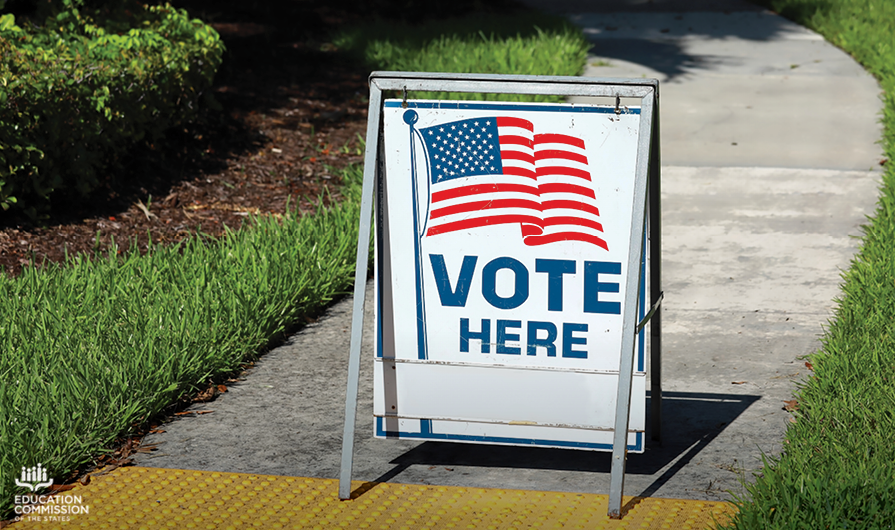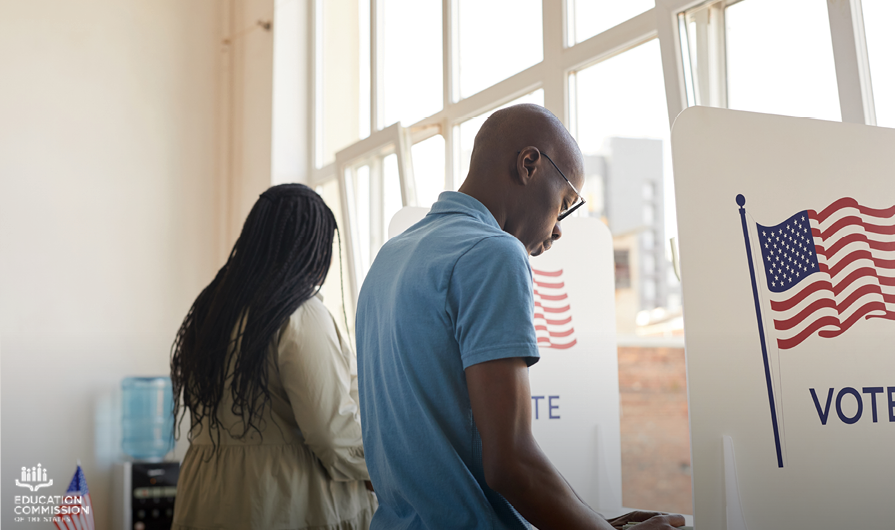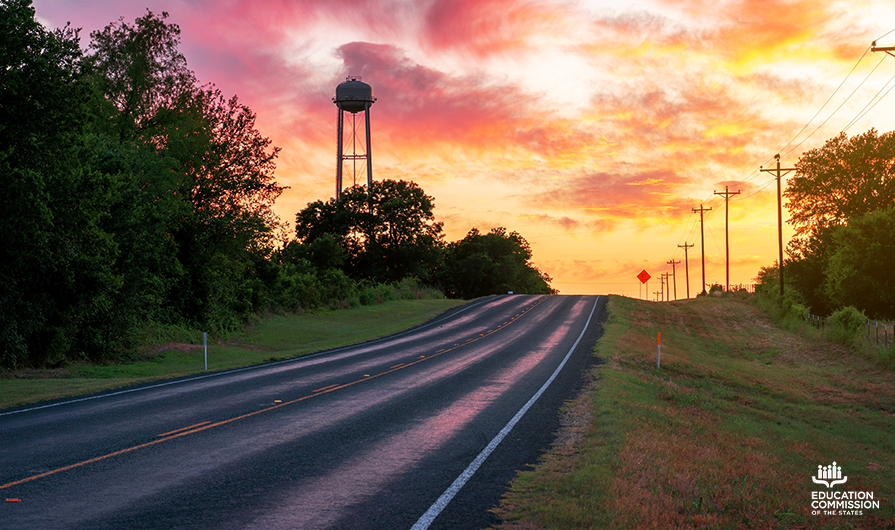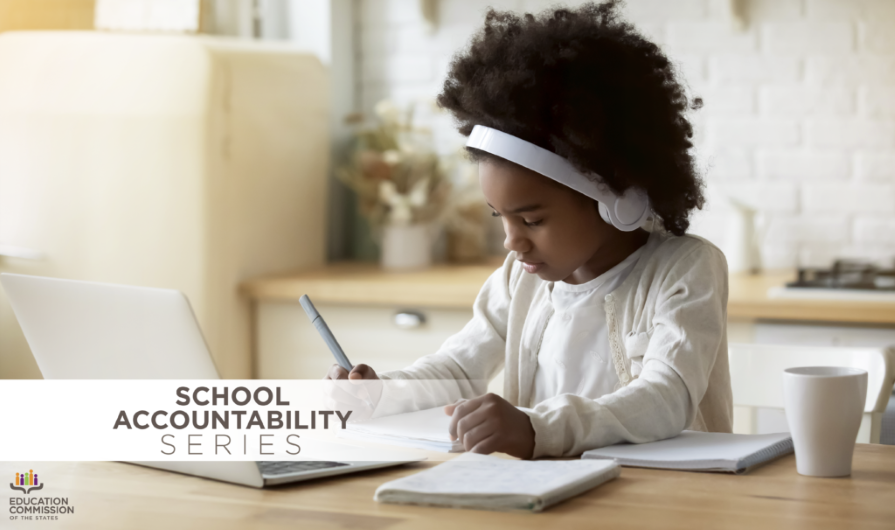Updated: 9/18/2020
A host of issues have complicated school reopening plans, including liability concerns if students or staff are infected. This issue is especially relevant as we see colleges and K-12 schools carefully measure reopening plans, and manage outbreaks to keep students and staff safe. Our first blog post examined the federal role and state engagement regarding school liability issues. While no federal policy is in place, states have considered legislation to limit liability for K-12 schools and higher education institutions.
Idaho (H.B. 6) enacted legislation to grant state recognized entities, including school districts, colleges, universities and other higher education institutions limited immunity from liability. Specifically, these entities are immune from civil liability for damages or an injury resulting from exposure to the coronavirus.
2020 Legislation Limiting Liability for K-12 Schools
A handful of states have considered, or are considering, legislation to provide civil liability protections for public K-12 schools and higher education institutions. Louisiana (H.B. 59) enacted legislation that provides immunity from civil liability for public schools, charter schools and public higher education institutions during states of emergencies or public health emergencies for infectious disease. Arizona and Tennessee also considered legislation that would provide liability protections across the P-20 spectrum, though neither measure passed.
A couple of states are considering legislation to exempt or grant immunity to certain entities. California A.B. 1384 would exempt a local educational agency that meets the requirements, and its officers or employees, from monetary liability and damages for injuries related to COVID-19 infection. This includes any condition in existence because of the COVID-19 pandemic or any act, or failure to act by the LEA, its officers or its employees in response to the COVID-19 pandemic. New Jersey is considering legislation (A.B. 4426) that would grant immunity from liability to public school districts, private schools and employees for damages resulting from the coronavirus.
2020 Legislation Limiting Liability for Higher Education Institutions
Changes in higher education instruction and services because of the COVID-19 pandemic are prompting liability discussions at state and federal levels. Some states have existing liability shields to protect faculty, staff and board members, and policies to protect student financial investments. For example, Kentucky state policy allows higher education governing boards to purchase liability insurance to protect the institution’s board members, faculty and staff during the duration of their service. State policy does not restrict the type or the amount of liability coverage, allowing each institution to determine appropriate coverage.
Several states are considering legislation to grant immunity or adopt liability protections for higher education institutions, while other guidance comes from state agencies or other state policy.
California is also considering A.B. 1759, providing the same protections as A.B. 1384 discussed above, but applicable to public and independent higher education institutions — and their officers, employees and governing bodies. The Massachusetts Legislature is considering S.N. 2644/H.N. 4659 to provide liability protections to higher education institutions that assist the state’s emergency health services during the COVID-19 pandemic. The New Jersey Legislature is considering a bill (A.B. 4408) that would grant immunity from liability to institutions of higher education and certain employees for damages resulting from the coronavirus.
In Connecticut, a subcommittee on higher education provided a list of recommendations to the governor on reopening higher education institutions in response to the COVID-19 pandemic. The subcommittee argues that students, faculty and staff will contract COVID-19 regardless of the precautions taken. As a result, the subcommittee recommends the state provide liability protections to institutions that follow COVID-19 reopening measures. In Massachusetts, a group of public and private higher education institutions requested state action include liability protections. At this time, no legislation has been introduced regarding state liability protections for higher education institutions in Massachusetts.
The question of liability will continue to evolve as states grapple with this unprecedented situation. Whether liability is included in the federal relief package or individual state legislation, Education Commission of the States will continue to monitor this issue on our COVID-19 resource page and State Education Policy Tracking resource.















